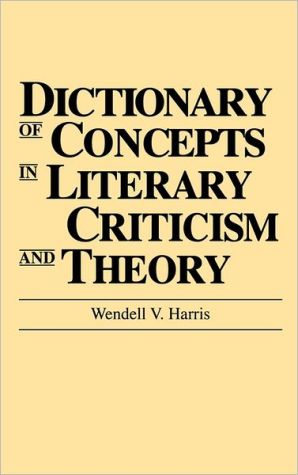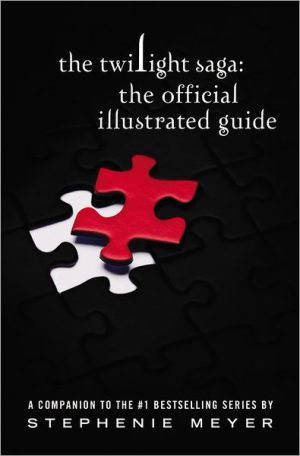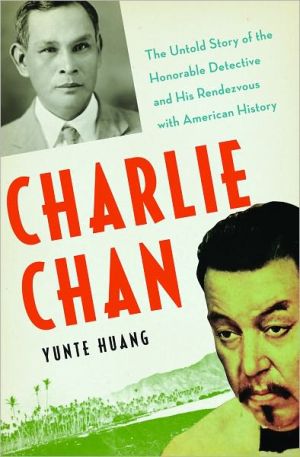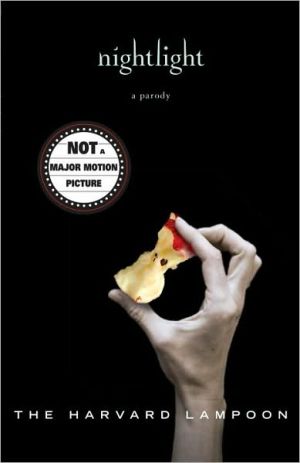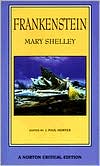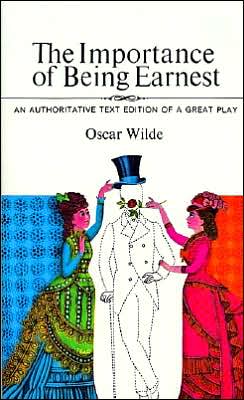Dictionary of Concepts in Literary Criticism and Theory, Vol. 12
Not a general dictionary of literary terms, the Dictionary of Concepts in Literary Criticism and Theory treats seventy fundamental and overarching concepts from allegory and allusion to tragedy and unity. By concepts is meant broad terms that designate modes of thought about, approaches to, or major classifications of literature that are of central importance to the history or present pursuit of literary criticism and commentary. Particular attention has been given to distinguishing the...
Search in google:
"This dictionary is exceptional for its extremely useful bibliographical information and relatively few entries, which are treated much more in depth than in similar dictionaries. . . . Highly recommended as an indispensable reference tool for both students and researchers." Library JournalLibrary JournalSeventy concepts (as opposed to more narrow ``terms'') are here defined in five- to seven-page entries that include a current definition, etymology with a reliance on many definitive quotations, annotated references cited in the etymological section, and a brief bibliographical essay elucidating other sources. This dictionary is exceptional for its extremely useful bibliographical information and relatively few entries, which are treated in much more depth than in similar dictionaries (with upwards of 2000 definitions). Though there are few main entries, the index leads the user to terminology not found as a main heading, so the number of entries is not a liability. The dictionary covers established concepts (e.g., allegory and metaphor) as well as prevailing trends (e.g., Marxist and feminist criticism) in academe. An indispensable reference tool for both students and researchers.-- Janice Braun, Oakland, Cal.
Series ForewordPrefaceList of ConceptsThe DictionaryIndex
\ Library JournalSeventy concepts (as opposed to more narrow ``terms'') are here defined in five- to seven-page entries that include a current definition, etymology with a reliance on many definitive quotations, annotated references cited in the etymological section, and a brief bibliographical essay elucidating other sources. This dictionary is exceptional for its extremely useful bibliographical information and relatively few entries, which are treated in much more depth than in similar dictionaries (with upwards of 2000 definitions). Though there are few main entries, the index leads the user to terminology not found as a main heading, so the number of entries is not a liability. The dictionary covers established concepts (e.g., allegory and metaphor) as well as prevailing trends (e.g., Marxist and feminist criticism) in academe. An indispensable reference tool for both students and researchers.-- Janice Braun, Oakland, Cal.\ \ \ \ \ BooknewsBy "concepts" is meant fundamental and overarching terms of central importance, e.g. deconstruction, intertextuality, Romanticism, semiotics. Seventy entries give in-depth explanations, with particular attention to distinguishing the different senses in which the term has been used, noting major debates, and documenting specific aspects with full references. Goes far beyond general dictionaries of literary terms. Annotation c. Book News, Inc., Portland, OR (booknews.com)\ \
